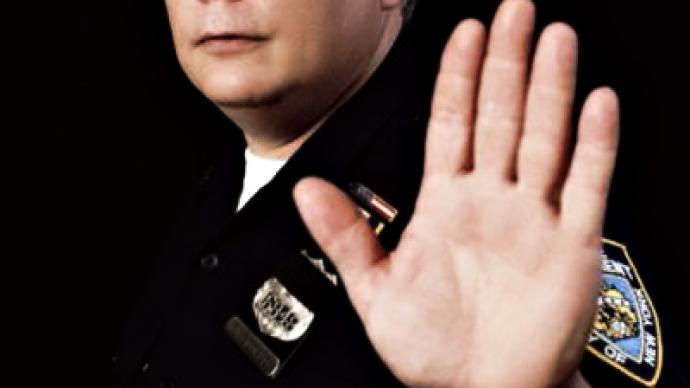Right to film? Not if the police are around

The US war on cameras continues! Chicago artist Chris Drew used a video camera to record his own arrest by city police and is now facing up to 15 years in prison.
Under the Eavesdropping Act in Illinois, videotaping yourself while being arrested is apparently a Class 1 felony. Drew was protesting Chicago restrictions on where artists can sell their work, and had his video camera rolling during his protest and at the moment he was arrested.Prior to being charged, Drew explained he was unaware of the Eavesdropping law. “This is a violation of the First Amendment. We should have a right to monitor our police in public,” he argued. “We certainly should have the right to bring the evidence, what they say to us, into court.”Drew feels the laws are the equivalent of living in a police state. “Since they arrested me on this, they have been using it more and more,” he explained. “They intend to back this up and make it our new social order in the State of Illinois. Drew fears that more state will follow Illinois and adopt similar laws. “We’re at a tipping point in history,” he remarked. “In a democracy you are suppose to oversee your public servants. If they’re doing wrong you’re suppose to bring it to the attention of other citizens and to the court,” Drew explained. “They have no privacy right, they are in public and they are on the public dime and doing public duty. That means that we’re their employer. We have a right to record our employees and bring that evidence to the system that they are doing wrong.”












